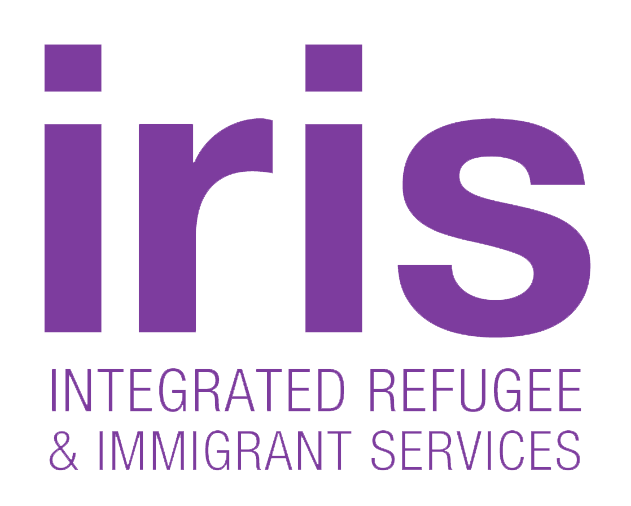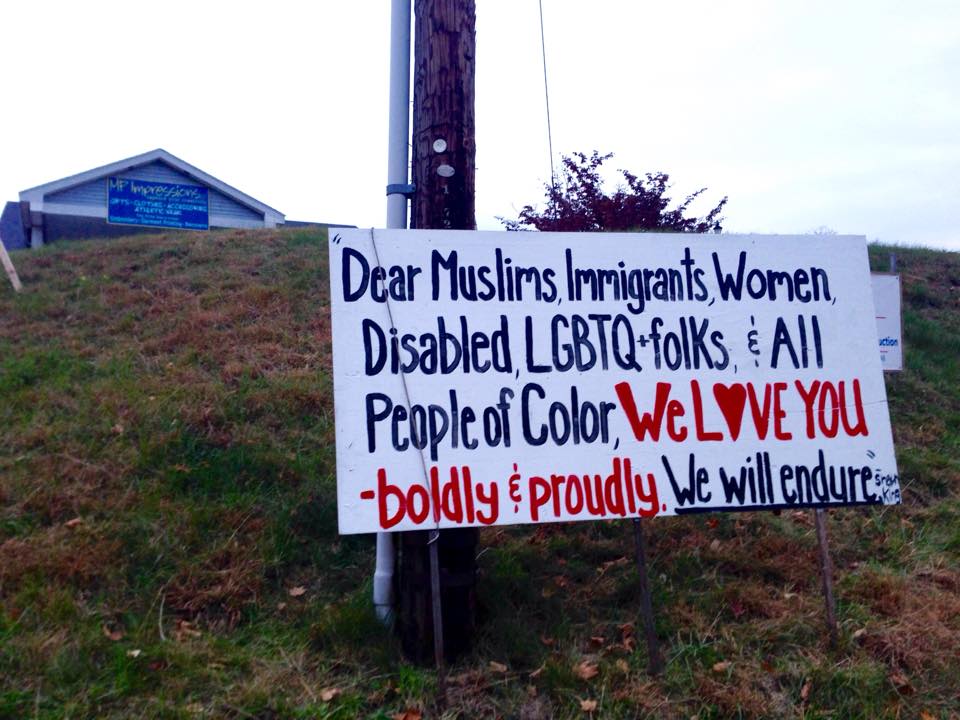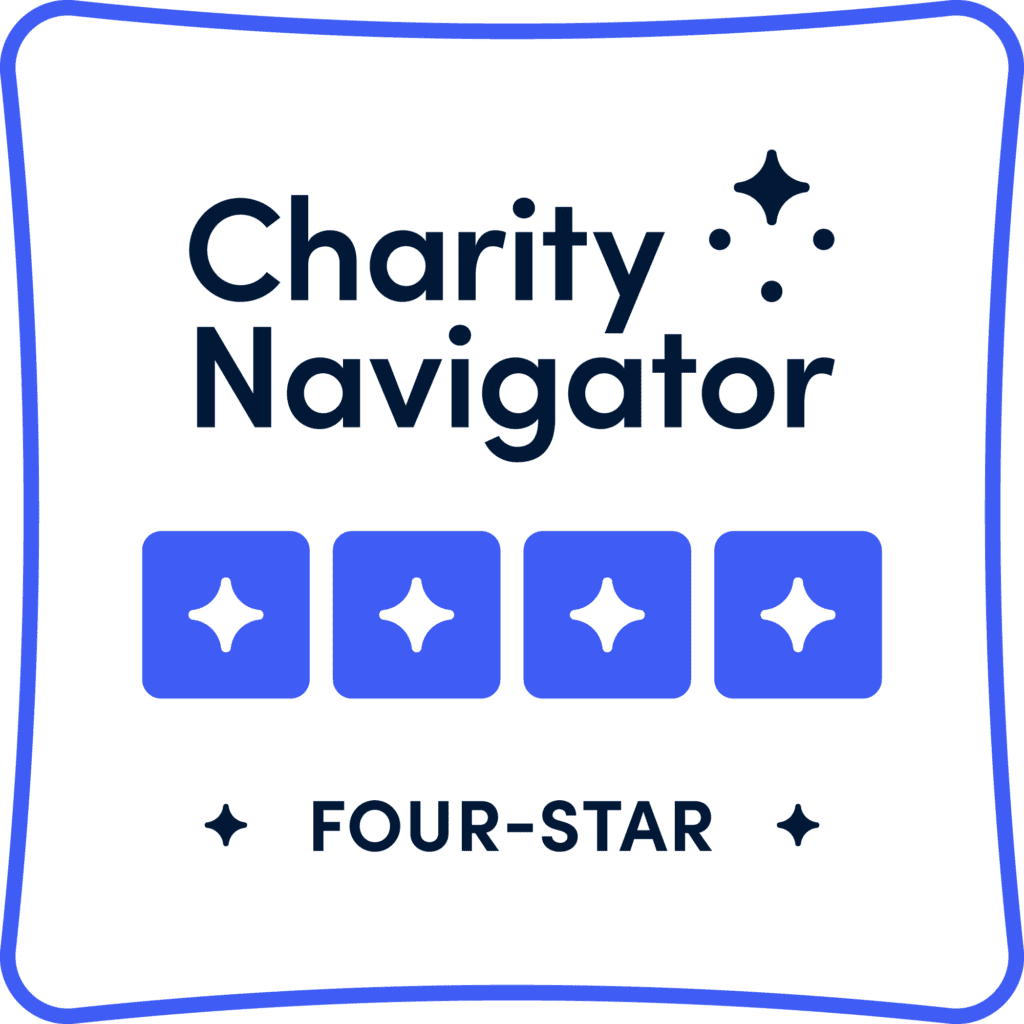Standing up for Refugees
March 2020 | Written by John Curtis | Photography © John Curtis
A group formed in the wake of the 2016 election moves from protests to co-sponsoring a family.
It started with the defacing of a poster that declared solidarity with Muslims, the disabled, immigrants and other groups that face bias and discrimination. Just over three years later, a group in the Lower Connecticut River Valley that arose in the wake of the 2016 election has gone from activism to preparing to co-sponsor a refugee family with IRIS.
The poster was defaced after the 2016 election. It appeared at the home of an East Haddam resident and quoted civil-rights activist Shaun King, “Dear Muslims, immigrants, women, disabled, LGBTQ and all people of color, we love you boldly and proudly. We will endure.”
Before long someone had scrawled “Trump 2016” over it.
“It took a very nonpolitical message of support and politicized it,” said Wendy Fish, a resident of Deep River. “Someone had to do something about this.”
Within 48 hours, residents of the Lower Connecticut River Valley had spread the word through friends, churches, and synagogues and gathered a crowd of 350 for a two-mile march from Chester to Deep River to send their message of “support and advocacy for the dignity and human rights of all.”
They didn’t stop there. Calling themselves The Valley Stands Up (TVSU), the organizers applied for nonprofit status and organized book clubs and talks. They created six committees in charge of everything from finance to legislative action. They protested President Trump’s Muslim ban. They lobbied the state legislature on immigration issues. They signed on to a ProPublica project to document hate crimes.
In the summer of 2018, at an event related to the upcoming elections, TVSU organizers crossed paths with Will Kneerim, IRIS’s Director of Employment and Education. They invited him to speak to their group, which he did in January 2019, when he invited them to participate in the annual Run for Refugees. Somewhere along the way, Kneerim suggested that the group partner with IRIS to co-sponsor a refugee family. (The IRIS co-sponsorship program enables community groups like TVSU to welcome and resettle a refugee family to their area of the state.)
“It was easy to see that they had a lot of momentum, and a lot of very smart, very involved individuals,” Kneerim said. The group also had a diversity of age, skills and experience. “It’s a wonderful thing to connect a family with a co-sponsor group that has the possibility of having high school kids tutor kids who are entering school and parents who can more easily explain the challenges of paying an oil bill in the winter in Connecticut. We want people near retirement age who can pass down their wisdom in dealing with a school system or handling a doctor’s appointment. The makeup of TVSU made me feel that they had the diversity, the interest, and the passion to get involved.”
“We started thinking about that as a group,” said Mark Pierce, a retired physician and medical researcher, and one of the group’s founders. “The big issue was recruiting the members. That took a while.”
“It’s so important to find a community of people who are willing to commit to this and can commit a significant amount of time,” said Fish, who works as a technical writer.
The commitment means finding an apartment that’s affordable, near public transportation, and accessible to jobs and grocery stores. The group needs to furnish the apartment, typically with two or three weeks’ notice. It also means raising money to help pay for the family’s initial expenses in rent, utilities, and groceries. They also help the the parents find jobs and enroll their children in school. There are also scheduled check-ins with the family.
Pierce reached out to members of TVSU and to local churches and synagogues. In the end, TVSU recruited a team that included teachers, social workers, a physician, a real estate developer, and teachers of English as a Second Language. “You can’t believe the expertise of the people who have come forward,” Pierce said. Members of the group recently came to New Haven for a training session at IRIS.
In addition to skills, the group wanted some diversity that included people with children as well as retirees “who haven’t overcommitted,” said Paula Merrick, a semi-retired accountant.
The group has yet to be “greenlit,” IRIS lingo for vetted and approved. They were working on their application and fulfilling all the requirements to become a co-sponsor when the COVID-19 pandemic hit Connecticut. They have paused their preparations, due to the current public-health crisis, but are eager to resume as soon as they can.
Once they are greenlit, they will be offered the opportunity to resettle a newly arriving refugee family, and will have 48 hours to respond. They’ll have to consider the size of the family and whether there are any medical issues that may affect their decision. If they say yes, they’ll have a couple of weeks to prepare an apartment for them. And they do this in service of their mission.
“It’s a basic humanitarian impulse,” Pierce said. “We want to help people. We were offended by some of the things that we have seen related to immigration, like the family separation and the incarceration of non-accompanied children. This is a tangible way to do something in this area.”
And, said Fish, it has created new bonds and strengthened existing bonds within the valley towns.
“This is an outlet to work for your community,” she said, of the individuals, churches, and synagogues that have come together. “This is about taking care of each other.”



